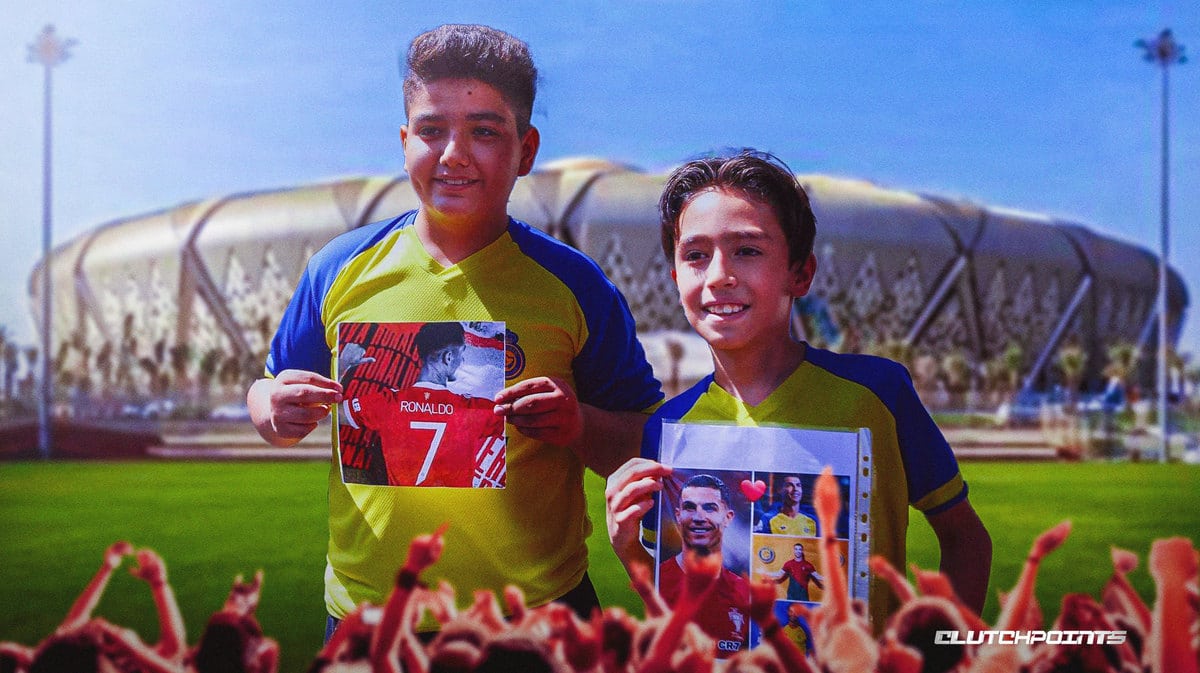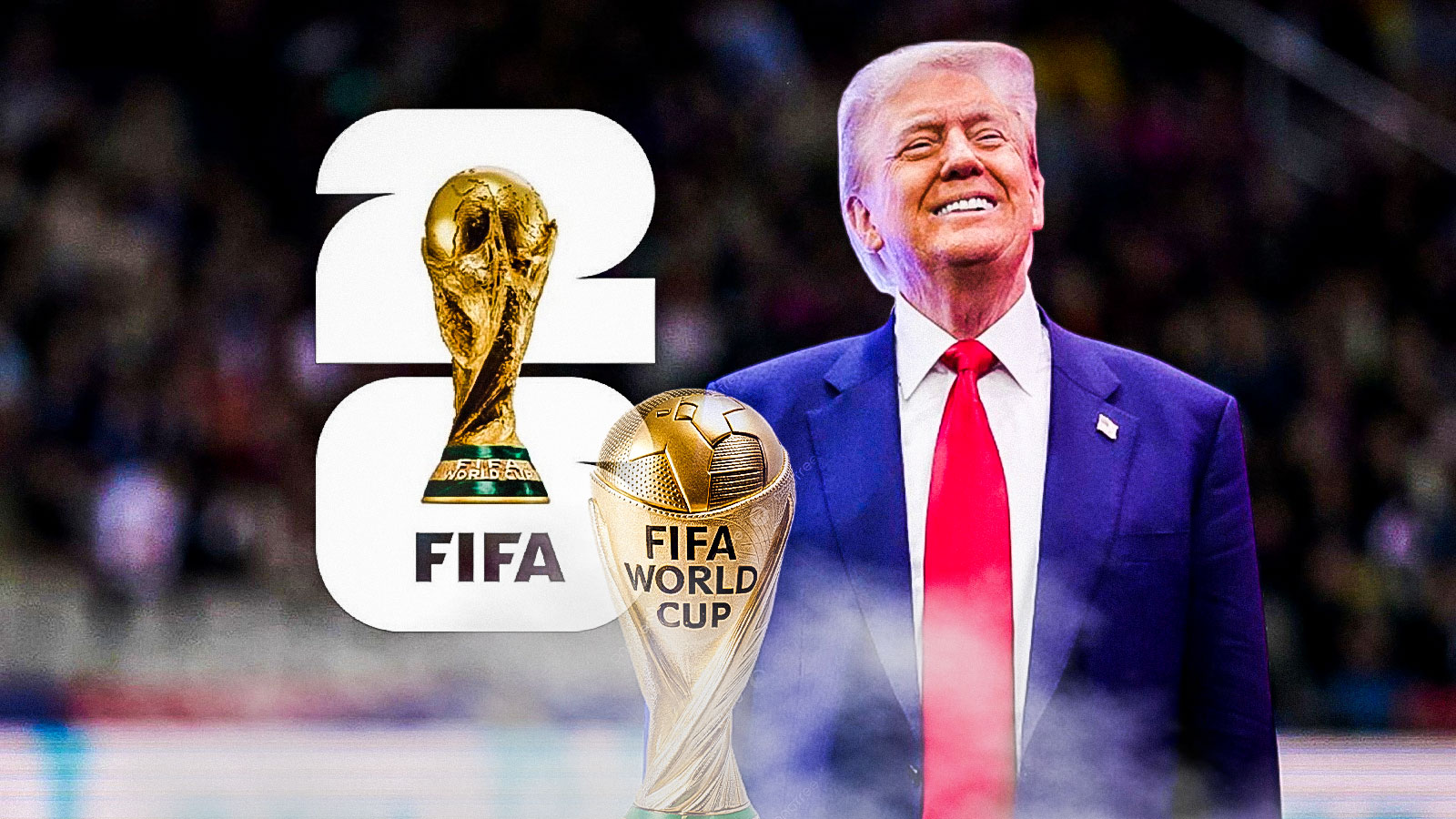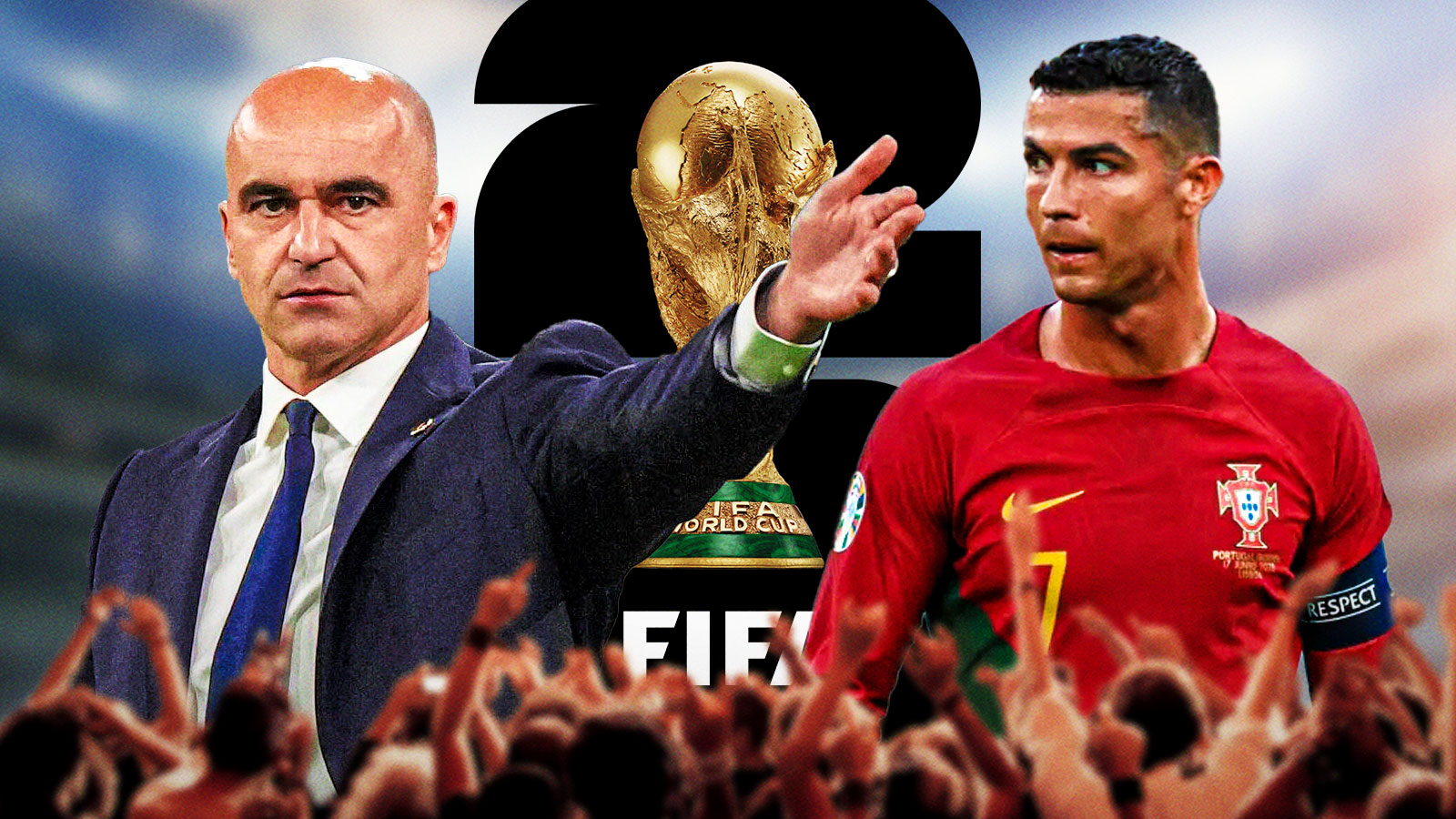The Saudi Pro League (SPL) has recently been making waves with its headline-grabbing acquisitions and ambitious plans. However, Saudi Arabia has encountered challenges, particularly regarding crowd attendance, as it strives to match the global appeal of the English Premier League (EPL).
Over the past two years, Saudi Arabia has invested significantly in various sports deals, totaling an estimated $6.3 billion. These deals encompass sports, from football and golf to boxing, Formula 1, and esports. These investments are part of a broader strategy to reshape the Saudi sports landscape and, in turn, boost the nation's economy.
Crown Prince Mohammed bin Salman (MBS) has emphasized the role of sports in Saudi Arabia's economic growth. According to MBS, the contribution of sports to the Saudi economy has increased from 0.4 percent of GDP to 1.5 percent. He asserts that sports and culture are integral components in developing tourism to attract 70 million international tourists annually by 2030.
To achieve its tourism objectives, Saudi Arabia has been actively creating a diverse “calendar” of sporting events to attract visitors throughout the year. The nation's capital, Riyadh, is set to host a high-profile boxing match between Tyson Fury and Francis Ngannou in October. In November, the city of Dammam will host the international handball tournament known as the Super Globe. December brings the Fifa Club World Cup and Saudi Arabia's inaugural ATP tennis event, the Next Gen finals, to Jeddah. These events aim to make Saudi Arabia a year-round sports destination, catering to diverse sporting interests and audiences worldwide.
Challenges with Crowd Attendance
While the SPL's ambitions are grand, they face some significant challenges. Crowd attendance at SPL games has been inconsistent, with varying outcomes across stadiums. For instance, Al-Hilal's King Fahd International Stadium has seen its average attendance more than double to 25,850 compared to the previous season. However, it still falls far short of its capacity of 68,752. Conversely, King Abdullah Sports City, home to current champions Al-Ittihad, has experienced a halving of average attendance.

One theory for this decline in crowd attendance is the potential oversaturation of the sporting market due to the sudden influx of cultural and sporting events. While the allure of watching global superstars like Cristiano Ronaldo and Karim Benzema may have initially drawn fans, the novelty seems to be waning.
Additionally, the distribution of investments through the Public Investment Fund (PIF) to four of the largest clubs in the SPL has led to uneven contests, potentially diminishing the excitement for some matches.
Saudi Arabia's Global Ambitions and Comparison with EPL
The SPL has set its sights on replicating the English Premier League's (EPL) success, which generates over $11 billion in global broadcast deals. The passionate fans filling EPL stadiums play a significant role in captivating viewers worldwide.
To expand its global reach, the SPL has partnered with US sports management group IMG, which also works with the EPL. This move underscores the SPL's aspiration to match the EPL's global appeal.
However, challenges remain on this front. While IMG secured a deal with the global subscription streaming platform DAZN to broadcast SPL matches in the UK, Germany, and Austria, the reported $500,000 contract for one year falls short of the financial muscle needed to compete at the highest level.
Viewership figures for SPL games on DAZN have not yet been published. Still, the digital highlights on YouTube have garnered disappointing viewership, especially compared to more established regional leagues like Egypt's football league.
Saudi broadcaster and SPL rights holder SSC has added veteran Egyptian sports commentator Medhat Shalaby to its lineup to enhance its appeal to a broader audience, reportedly paying him $50,000 per game for commentary.
While the SPL faces significant challenges in its pursuit of global recognition and financial viability, it continues to invest in major sporting events and acquisitions. The league's long-term goals of contributing positively to Saudi Arabia's GDP and attracting international tourists are admirable. Still, they require sustained efforts to address crowd attendance and viewership issues.
Notably, the positive publicity generated by hosting world-renowned stars in Saudi Arabia and a diverse calendar of events could play a crucial role in achieving the league's ambitions. As the SPL continues to evolve, the Saudis are betting that their investments will pay off in reshaping the nation's sports landscape and global image.




















